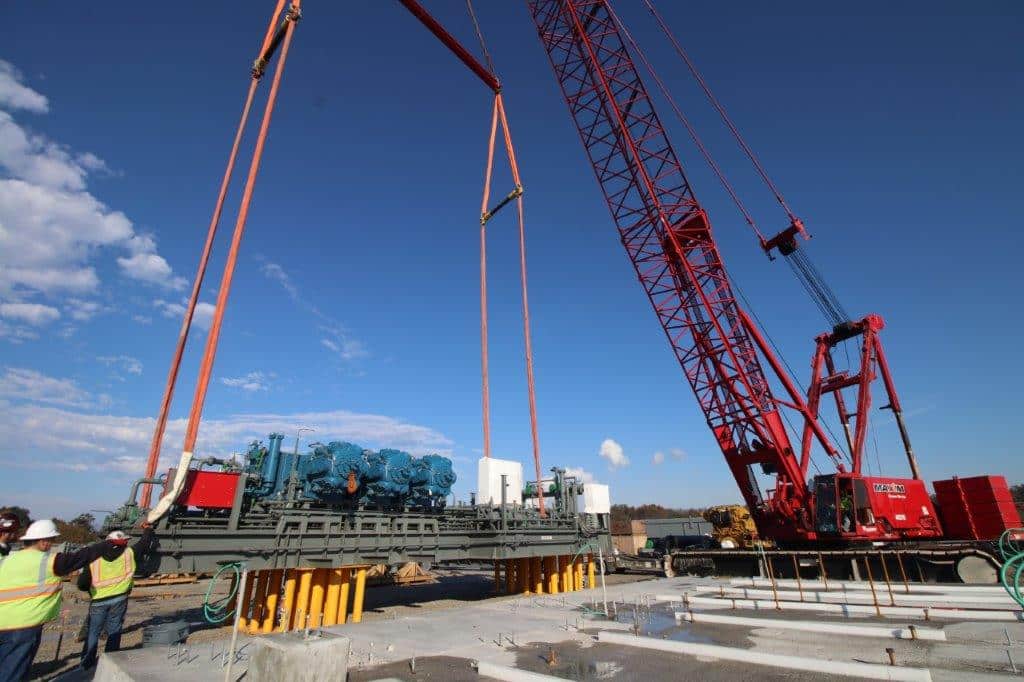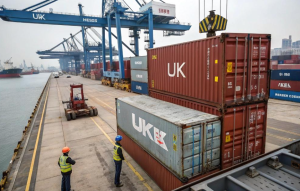What to Look for When Choosing Crane Rental Solutions for Construction

Selecting the right crane rental service shapes the progress and safety of any construction project. Every detail matters, from the lifting capacity to operator expertise, and overlooking essentials can delay timelines. For project managers and contractors, it’s not just about finding the right machine but partnering with a provider who understands complex site needs.
With the right guidance, securing crane rental solutions becomes smoother and more cost-effective. Within the first stages of choosing a provider, it’s worth considering a reliable crane rental firm. A dependable rental partner ensures projects stay on track without unexpected challenges.
Assess the Type of Crane Needed
Different projects call for different lifting capabilities. A residential site may require smaller cranes focused on agility, while larger commercial or industrial projects demand heavy-duty machines. Choosing a rental company that offers diverse equipment options helps match the right crane to the job. This avoids underuse and ensures budgeting is aligned with actual needs. A quality rental partner provides expert advice on crane types tailored to project demands.
Prioritize Safety Standards and Certifications
Safety is critical in construction. When renting cranes, verify compliance with stringent safety standards. Certified operators, regular equipment maintenance, and documented inspections demonstrate professionalism. High safety standards protect everyone on site and help avoid legal complications. Working with providers known for safety excellence adds peace of mind. It minimizes hazards and fosters confidence among teams. Contractors should select rental services that prioritize safety to prevent costly disruptions linked to accidents or equipment failures.
Look Into Operator Experience
The crane makes the lift, but the operator ensures it goes smoothly. Experienced operators handle complex lifts with precision while adapting to challenging site conditions. Their skills result in faster, safer operations and less downtime. Partnering with a rental provider that offers skilled operators adds real value. Veteran operators bring deep knowledge of site constraints and can manage high-risk maneuvers confidently. When vetting companies, ask about operator qualifications, certifications, and years in the field.
Evaluate Service Support and Availability
Cranes need ongoing maintenance, and few things are worse than unexpected equipment failure during a critical lift. Reliable providers back their cranes with thorough service support. This includes preventive maintenance, rapid repair response, and possibly on-site technicians. Such support reduces downtime and helps keep the project on schedule. Another advantage offered by top rental firms is having backup equipment ready. Access to spare cranes prevents workflow interruptions caused by unforeseen breakdowns.
Consider Cost Transparency and Flexibility
While upfront rental rates may seem clear, hidden fees can cause surprises later. Transparent pricing structures and detailed contracts help avoid budgeting errors. Flexibility in rental periods is also important. Projects often fluctuate in their equipment needs, whether for a few days or extended timelines. A crane rental service that offers adaptable rental terms shows it understands construction realities. Clients can optimize costs by renting cranes exactly as long as needed.
Review Past Performance and Client Feedback
Insights from past clients reveal a rental company’s service reliability. Reviews, testimonials, and case studies provide glimpses of how well the company performs under pressure. These references help contractors understand what level of professionalism to expect and potential challenges. Companies with a solid record for on-time delivery, equipment condition, and customer support consistently earn loyalty. Construction work is unpredictable, so choosing a partner with proven reliability reduces risks.
Selecting a reliable crane rental service touches every corner of construction, from safety and expertise to cost efficiency and operational continuity. Assess factors like equipment variety, operator experience, and transparent pricing to reduce risks. A provider with strong service support and a history of satisfied clients becomes a steady resource for lifting needs.



